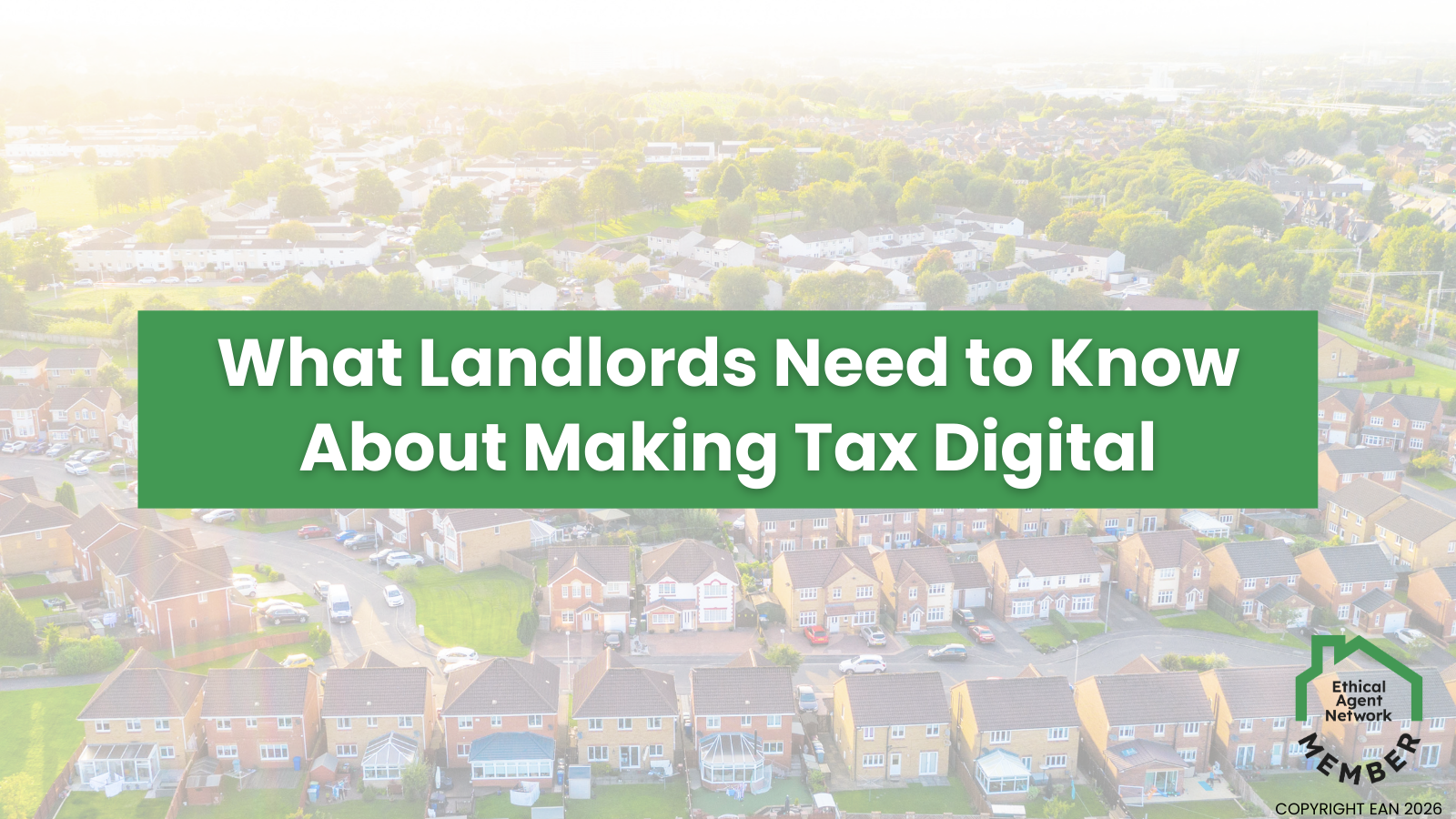Letting yields are the lifeblood of successful property investing. Here we’ll look at why it’s so important to understand yields.
What is meant by letting yield?
Yield is a simple way of calculating the financial return you can make on a buy-to-let.
Knowing what yield a property offers can help you decide if it’s a good investment (or not).
It allows you to compare different properties and weigh up the best one to buy.
Yields can also help you compare different types of investment. For example, is it better to invest in property or keep your cash in the bank?
What landlords need to know about yields
Letting yields are improving in many areas right now. That offers a golden opportunity for landlords and investors to get great returns.
Why are yields on the up?
Rents – which are currently strong – are one of the main contributing factors to yields. When rents go up, yields are likely to go up too.
There are some attractively priced properties on the market right now. Buying at a keen price should mean higher yields.
One more important thing to consider: interest rates look likely to fall this year. That should make property look more attractive compared to, say, savings. (And should make mortgages cheaper too.)
How to calculate letting yields
There are two ways of calculating yield:
Gross yield
Gross yield is a property’s annual rental income divided by its price given as a percentage.
For example: A property which costs £185,000 and earns £1,250 pcm in rent will have a gross yield of: £1,250 x 12 = £15,000 divided by £185,000 x 100 = 8.1%.
Net yield
Net yield allows for your costs too. It is annual rent less expenses (like mortgage costs, maintenance and management) divided by the price given as a percentage.
For example: A property which costs £240,000 and earns £1,950 pcm in rent with annual expenses of £11,000 will have a net yield of: £1,950 x 12 = £23,400 less £11,000 divided by £240,000 x 100 = 5.16%.
Both yield calculations have their limitations. But they are well-accepted, industry-standard ways of comparing returns.
What is a good yield?
That’s a very good question. Yields vary depending on the area, the type of home, the price paid for the property and the rent. Yields can vary from as little as 1% up to 20% or more in some cases.
But really, there’s no such thing as a good or bad yield. It depends on your investment objectives and what sort of return you are looking for. A lower yielding property might still be a good buy if it has strong prospects for capital gain.
A local letting agent will be able to tell you what yields are like in your area.
Ways to boost your letting yields
Increase the rent
If the rent has not been reviewed for some time, it may be too low.
You could also do some improvements that allow you to ask for a higher rent.
A local letting agent will be able to tell you what a fair rent is.
Change the property to another type of letting
Shared houses or houses in multiple occupation (HMOs) usually offer much better yields than single family lets.
Student lettings may also offer higher yields. This could be a good option if there is a university or college nearby.
Holiday lettings usually offer enhanced yields. This could be ideal if your area attracts tourists and visitors.
Serviced accommodation can offer higher yields. (Although, of course, you will need to service it.)
A local letting agent can tell you if these opportunities are available in your area, and what the rents and yields might be.
They will also explain any challenges associated with changing to a different type of letting. For example, the higher tenant turnover associated with holiday lets can require more administration.
How a local letting agent can help
When it comes to yields, a local letting agent is an essential member of your team.
If you are looking to buy a new property, they can tell you about the types of property and areas that offer the strongest rents and the best yields. (And, just as importantly, the ones that don’t.)
If you already own a property and want to maximise the yield, a local agent can advise you on setting the optimum rent.
We will be pleased to be your local expert and offer any advice you need on yields. Call or message us today.
If you know a landlord or investor who would find this article useful, please share it with them.


 4 minute read posted by
4 minute read posted by 


Share this with
Email
Facebook
Messenger
Twitter
Pinterest
LinkedIn
Copy this link